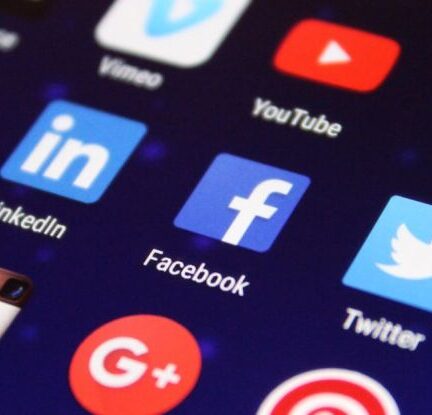The Impact of Social Media on Society
Social media has become an integral part of our daily lives, shaping the way we communicate, interact, and perceive the world around us. With the rise of platforms such as Facebook, Instagram, Twitter, and Snapchat, the impact of social media on society has been profound and far-reaching. From influencing our relationships and self-esteem to changing the way we consume news and information, the effects of social media are both positive and negative. In this article, we will explore the various ways in which social media has shaped society and discuss the implications of its influence on our lives.
Social Media and Relationships
One of the most significant effects of social media on society is its impact on relationships. With the ability to connect with others instantaneously, social media has redefined how we build and maintain relationships. While it has made it easier to stay in touch with friends and family, social media has also led to a shift in the way we communicate. Many argue that the prevalence of social media has resulted in more superficial relationships, where interactions are often limited to likes, comments, and emojis rather than meaningful conversations. Additionally, the curated nature of social media profiles can create unrealistic expectations and lead to feelings of inadequacy and FOMO (fear of missing out) among users.
Self-Esteem and Body Image
Another significant impact of social media on society is its influence on self-esteem and body image. Platforms like Instagram and Snapchat perpetuate unrealistic beauty standards, with users often comparing themselves to carefully curated and edited images posted by influencers and celebrities. This constant exposure to idealized versions of beauty can lead to feelings of insecurity and low self-esteem, especially among young people. Studies have shown a correlation between excessive social media use and negative body image, as well as an increased risk of developing mental health issues such as depression and anxiety.
Information Consumption and News
Social media has also revolutionized the way we consume news and information. With the ability to share and spread news rapidly, social media has become a powerful tool for disseminating information and mobilizing public opinion. However, the rise of fake news and misinformation on social media platforms has raised concerns about the reliability and accuracy of the information we encounter online. The echo chambers created by social media algorithms can also reinforce existing biases and limit exposure to diverse perspectives, leading to polarization and division within society.
Social Activism and Mobilization
Despite its drawbacks, social media has also played a significant role in driving social activism and mobilizing communities around important causes. Platforms like Twitter and Facebook have been instrumental in organizing protests, raising awareness about social issues, and amplifying marginalized voices. Social media has democratized activism, allowing individuals to connect with like-minded individuals and effect change on a global scale. Movements such as #BlackLivesMatter and #MeToo have gained traction and visibility through social media, sparking conversations and driving policy changes.
The Future of Social Media and Society
As social media continues to evolve and shape society, it is essential to critically examine its impact and consider how we can harness its potential for positive change. By promoting digital literacy, encouraging healthy online habits, and holding social media platforms accountable for their impact on society, we can mitigate the negative effects of social media and create a more inclusive and informed online community. Ultimately, the future of social media and its influence on society will depend on our ability to navigate its complexities and leverage its power for the greater good.
